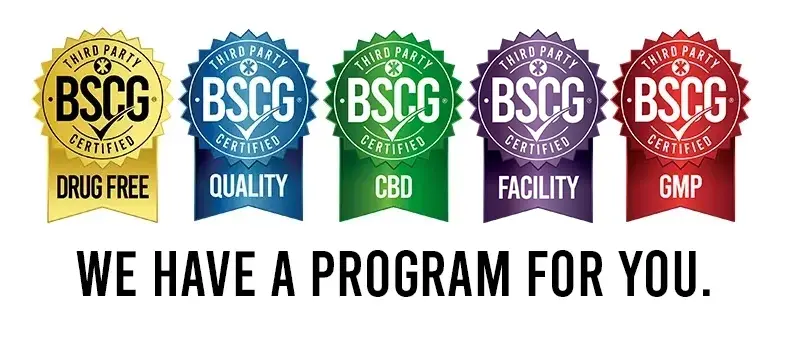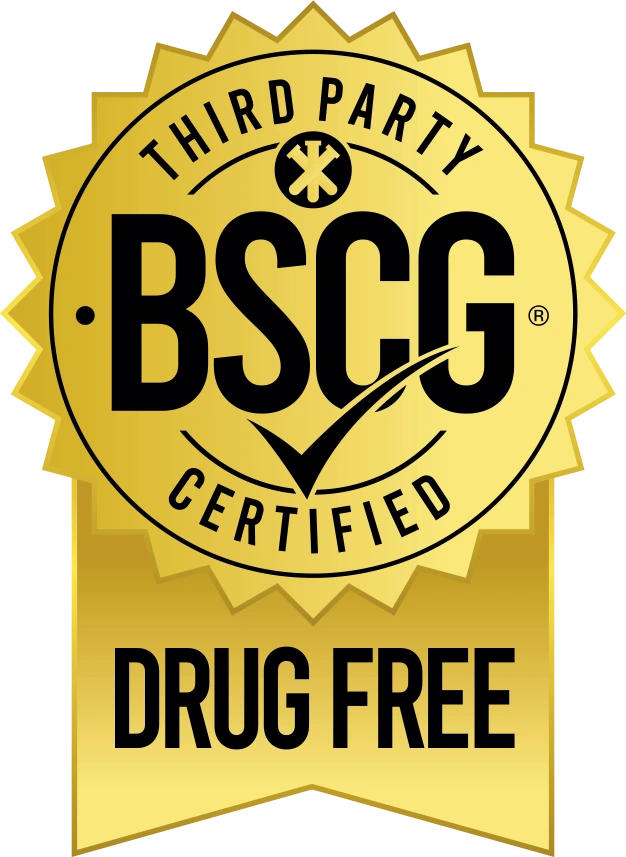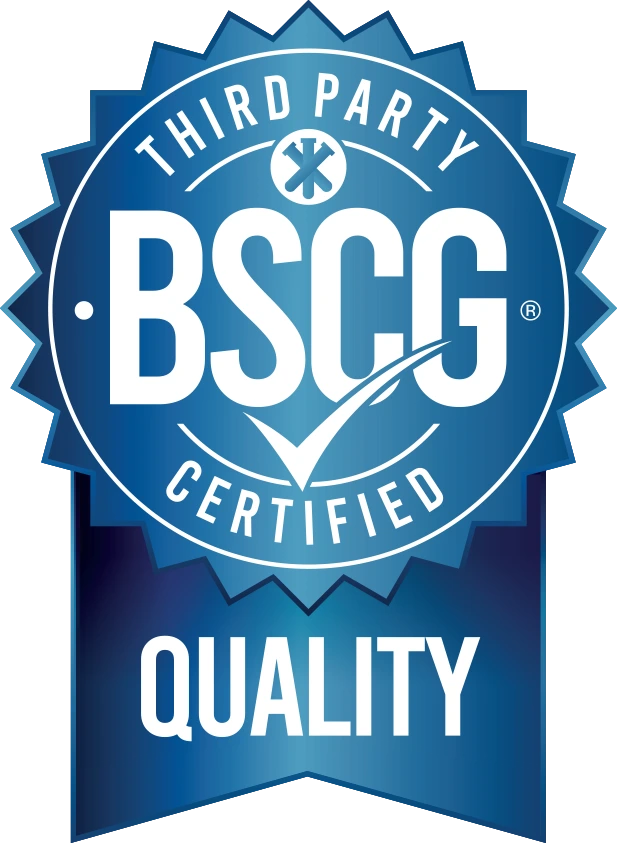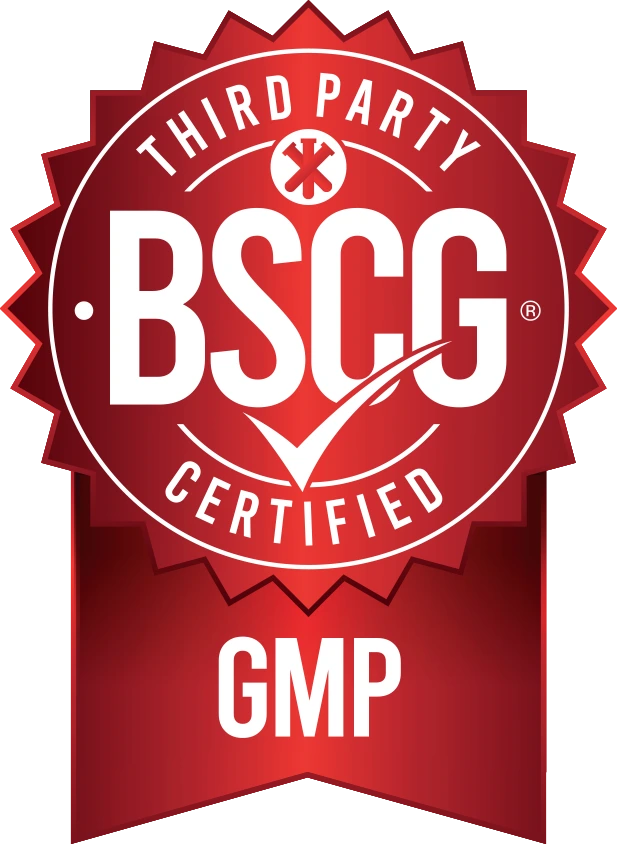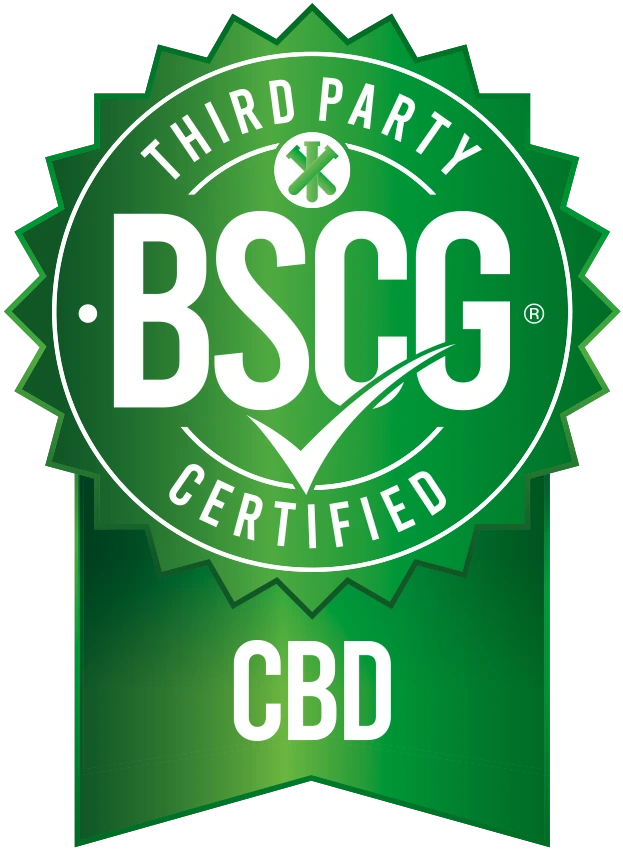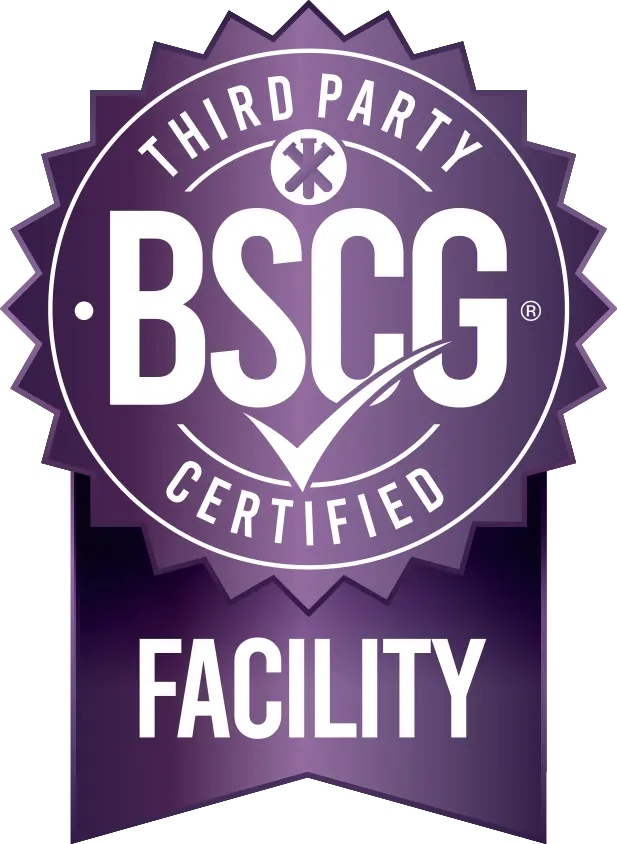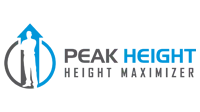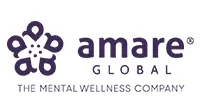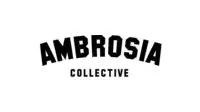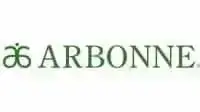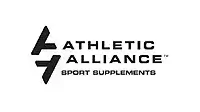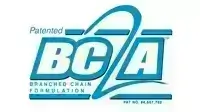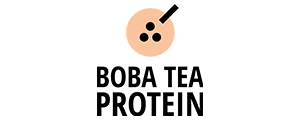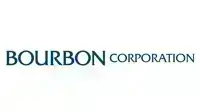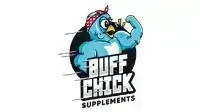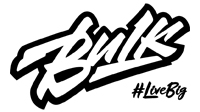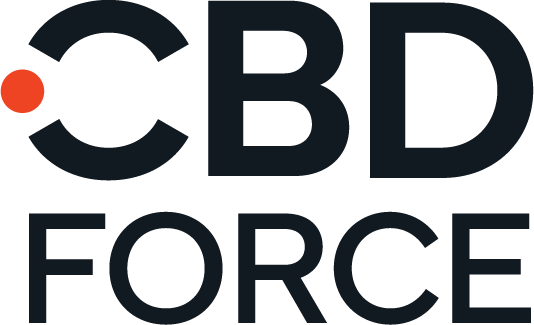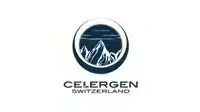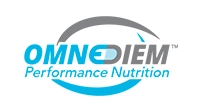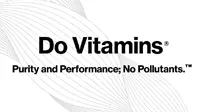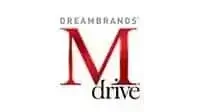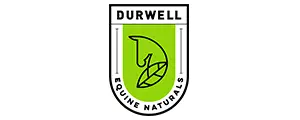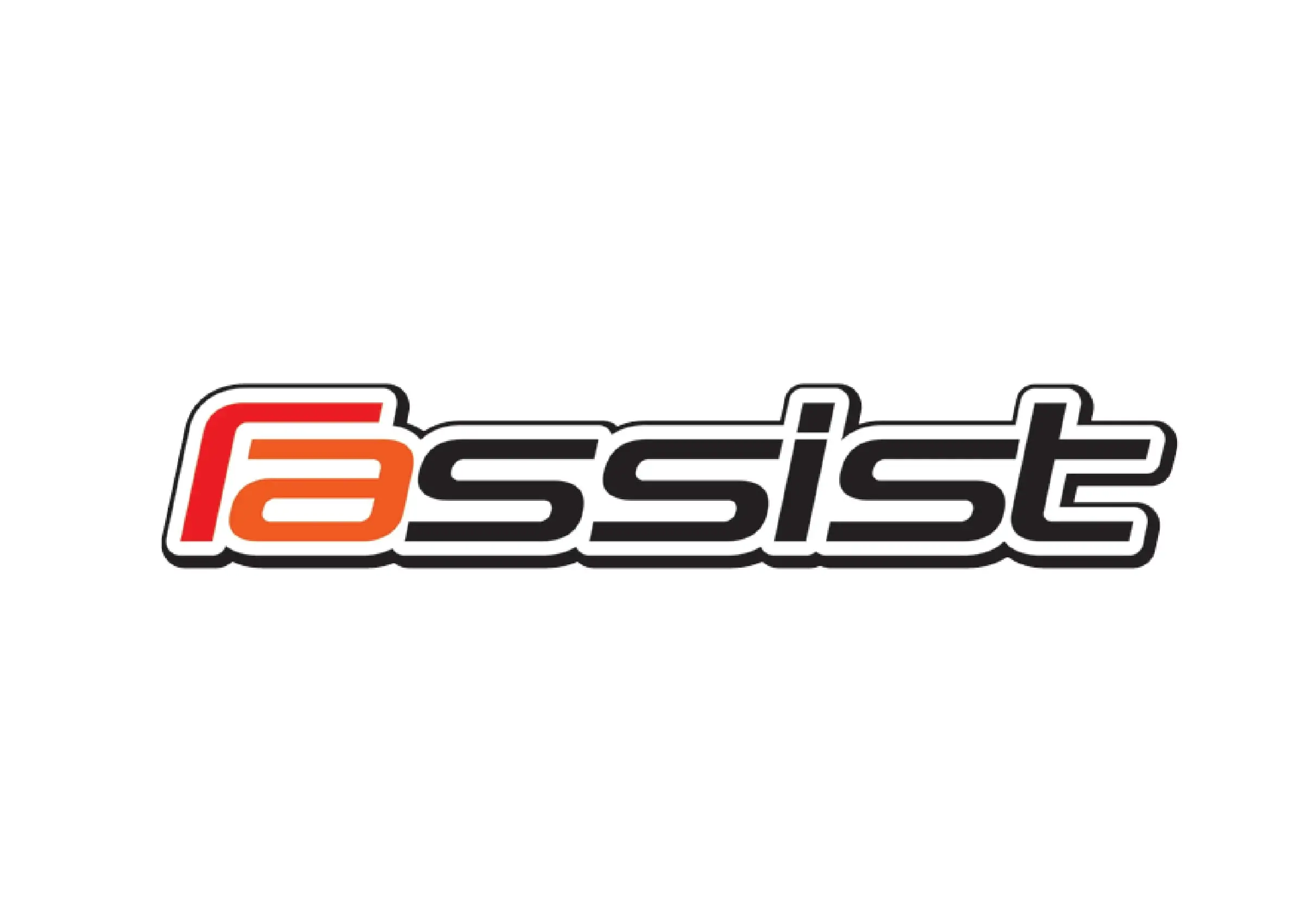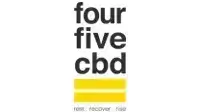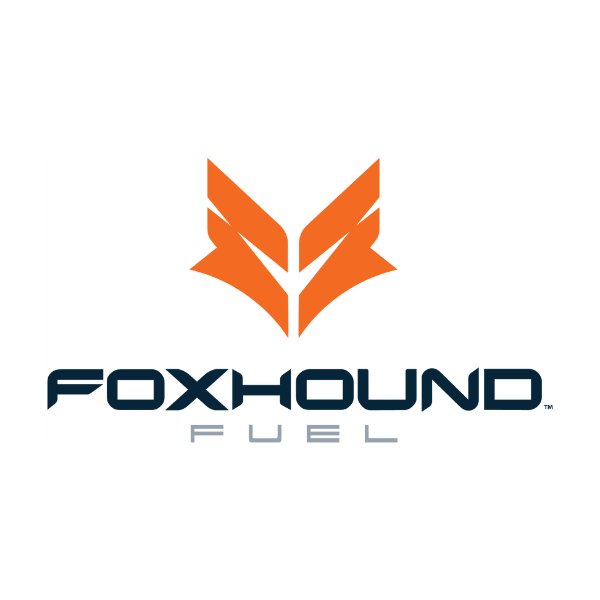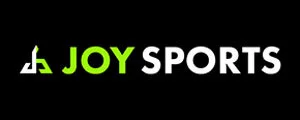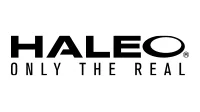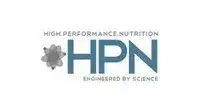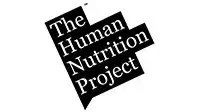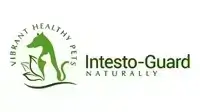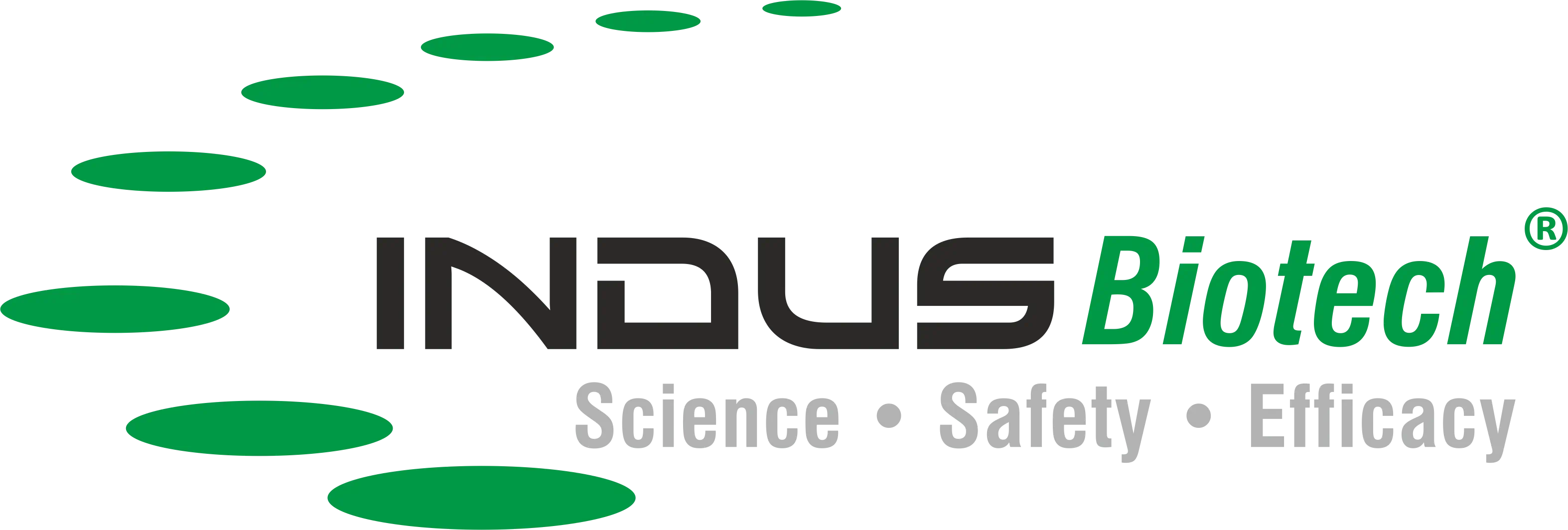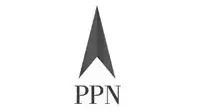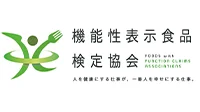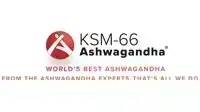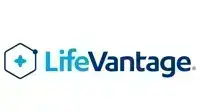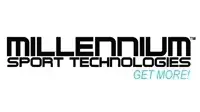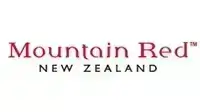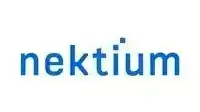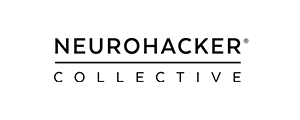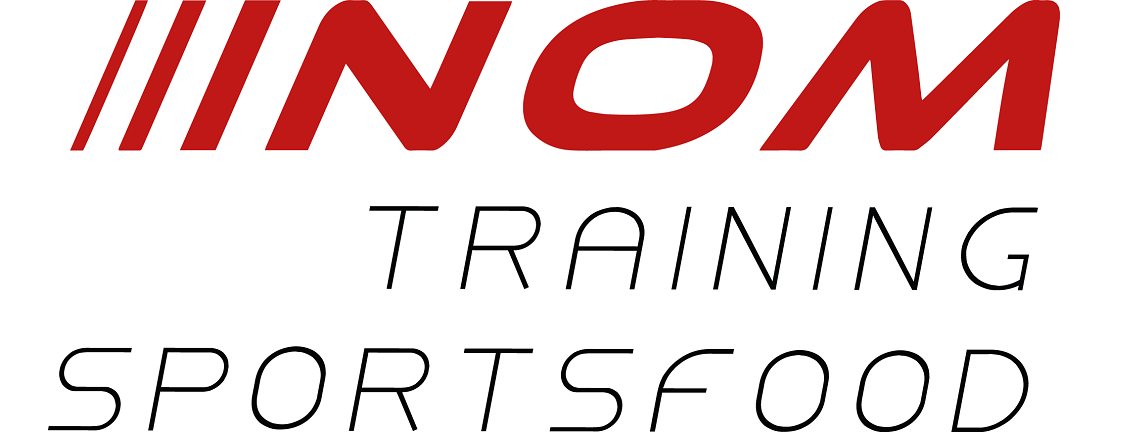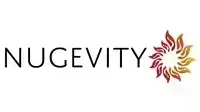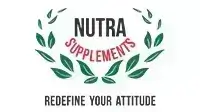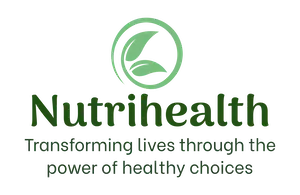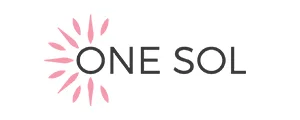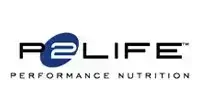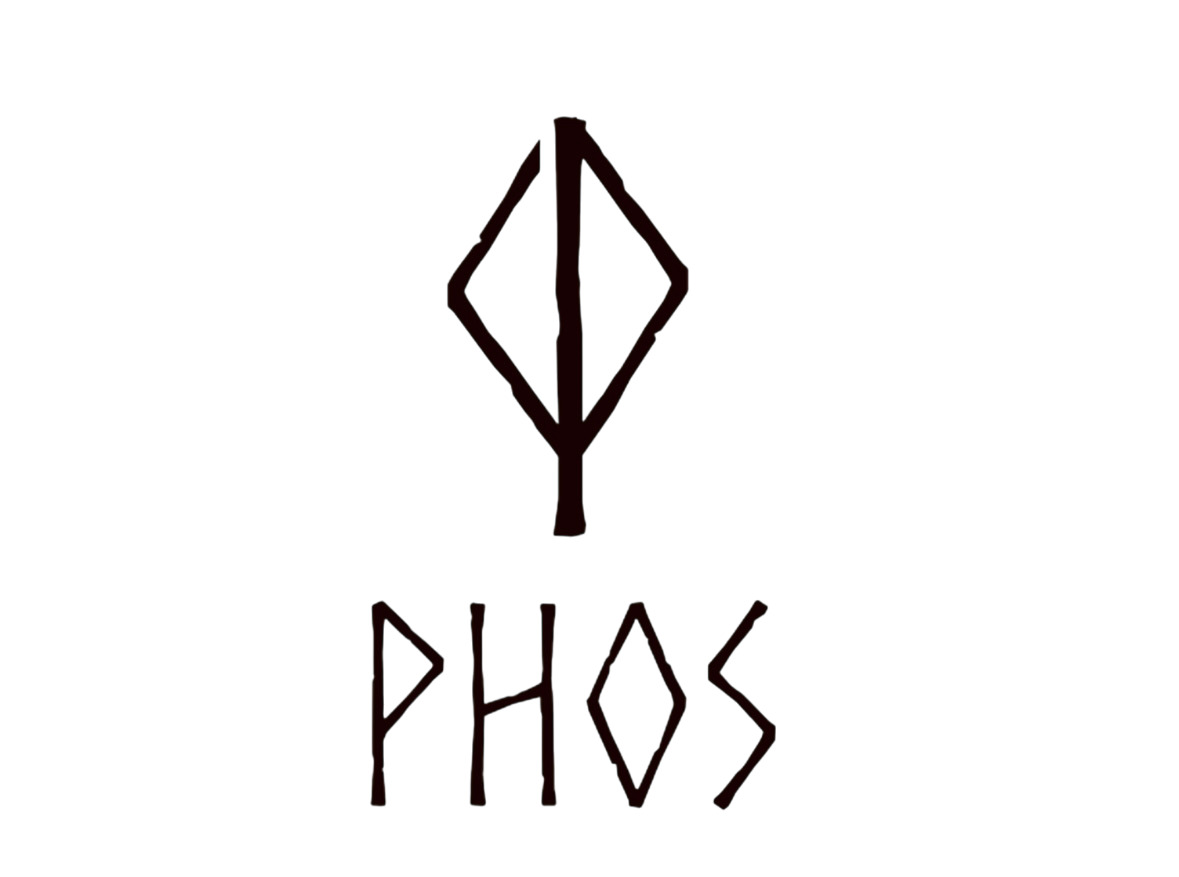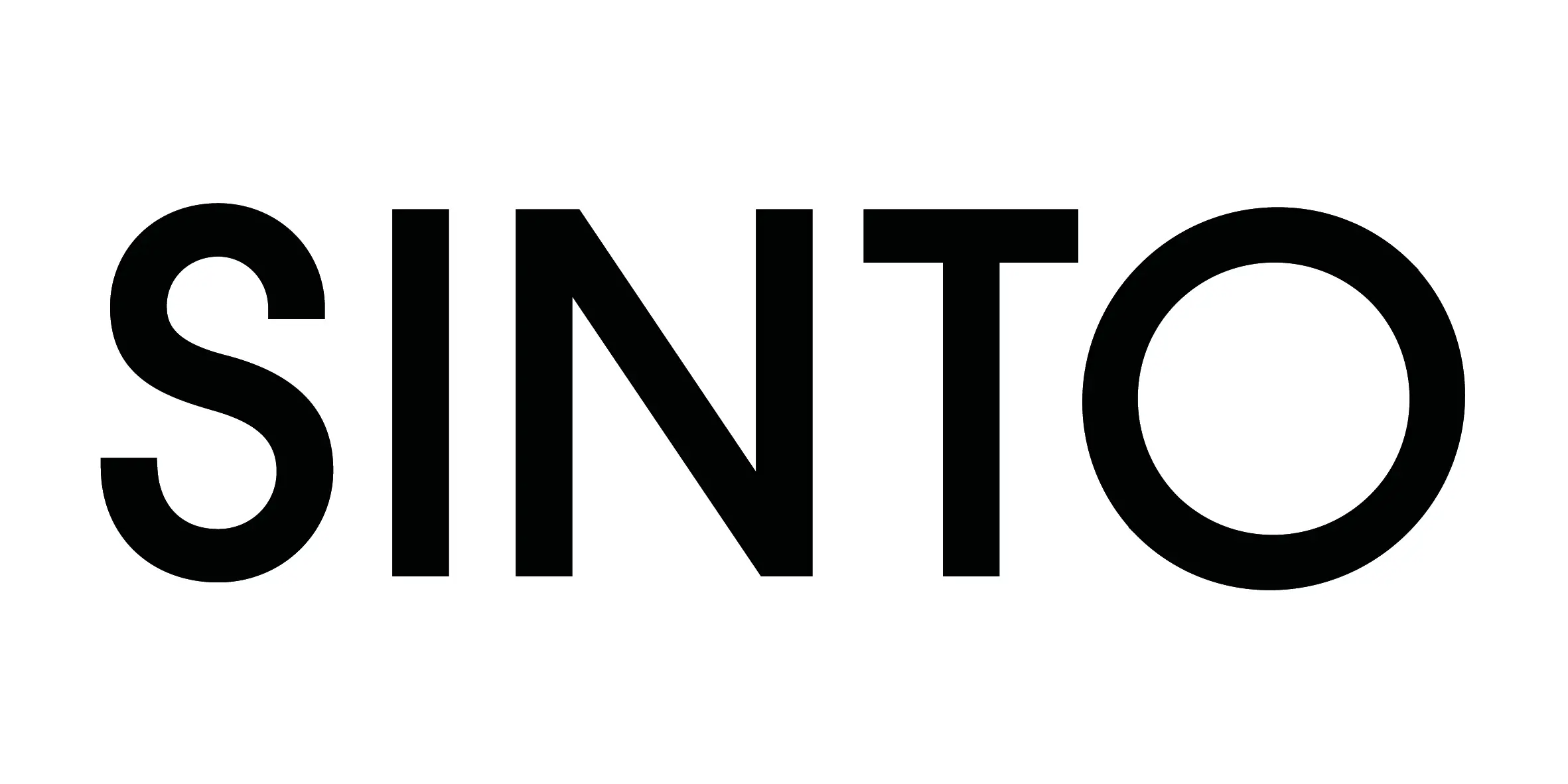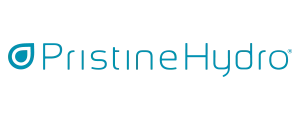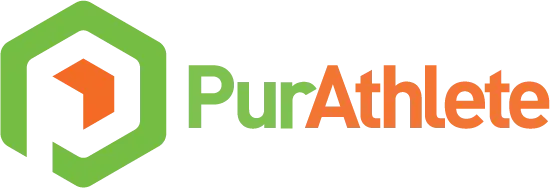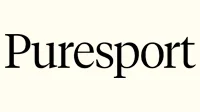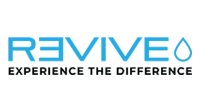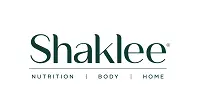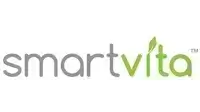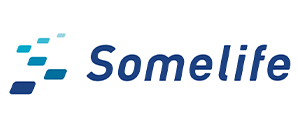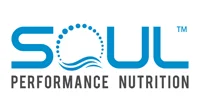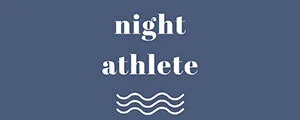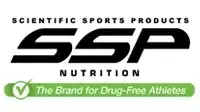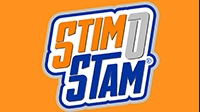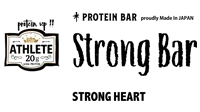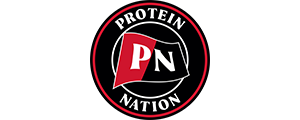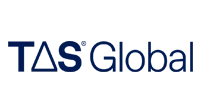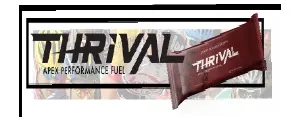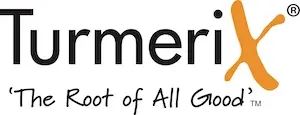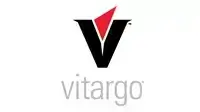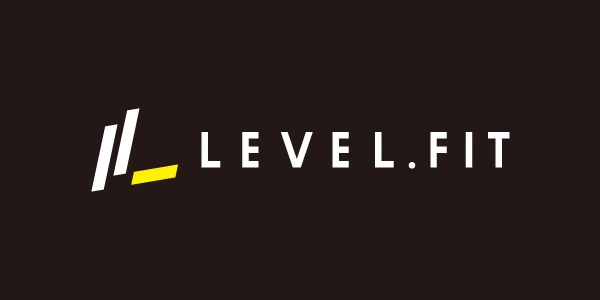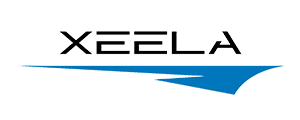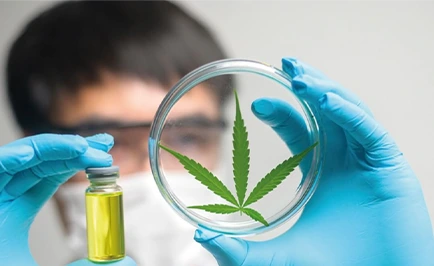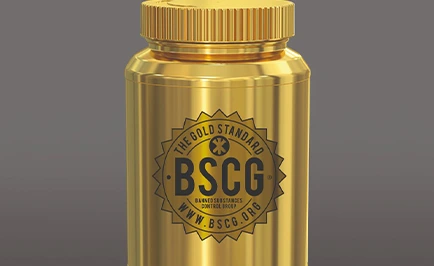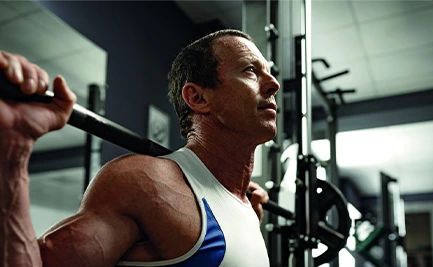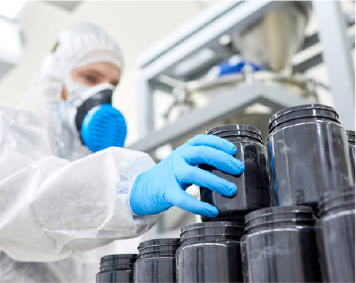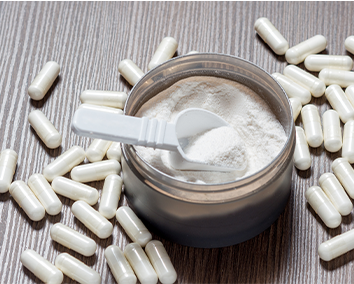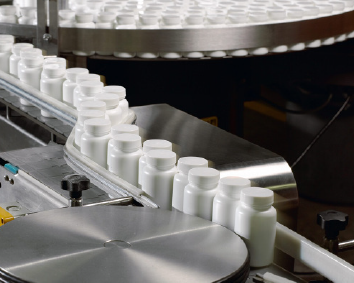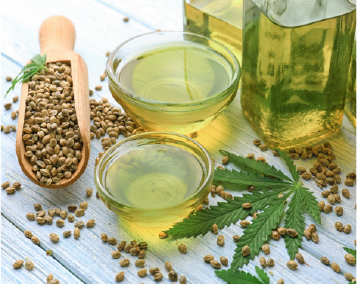Doping in Tennis: Contaminated Supplements and Wound Spray Risks
Aug 29, 2025

Doping in Tennis: Contaminated Supplements and Wound Spray Risks
With the US Open in Full Swing Players Need to Know How to Avoid Contamination and Doping Risks
The sport of tennis is shining once again under the lights of New York at the US Open. Yet there is still a shadow cast over the sport from dual doping scandals last year that still linger in the air. The war of words surrounding the cases nearly broke the sport, and more controversy awaits if players don’t know how to avoid the issues. While a variety of solutions were discussed one vitally important tool in the fight against doping in sport was perhaps overlooked, third-party certification of dietary supplements or other consumer products like CBD products and even wound creams.
In professional tennis, even inadvertent exposure to banned substances can trigger strict liability anti-doping rule violations, regardless of intent. This reality struck hard in 2024 as two of the top tennis players in the world were involved in inadvertent doping violations. The cases of Jannik Sinner and Iga Swiatek highlight how seemingly innocuous products such as a wound spray or cream, or a sleep aid supplement can lead to positive drug tests.
Contamination Prevalence in Dietary Supplements: What Do the Surveys Say?
Multiple studies over the years have documented startling levels of contamination in the supplement market. The high rate of contamination seen in products that are not third-party certified represents a very real risk to tennis players and other drug tested athletes and professionals. Here is what the surveys have shown:
- A 2025 study by Sport Integrity Australia, tested 200 sports supplements available online and found that 35% contained WADA-prohibited substances—most without any labeling [1].
- A 2002 IOC study found that 15% of 634 supplements were contaminated with a substance not on the label that would have caused a positive drug test [2].
- In 2022 a large-sample review that compiled data from 50 surveys and 3,132 supplements analyzed previously showed 28% of supplements posed a risk of unintentional doping, often due to undeclared ingredients or inaccurate labeling [3].
Case Study - Jannik Sinner – Clostebol Contamination from a Wound Cream
In March 2024, Sinner returned two positive tests for clostebol, an anabolic steroid. The levels in his urine were 0.121 and 0.122 ng/ml (~ 121 parts per trillion). It turns out his masseuse had used Trofodermin spray an Italian product that contains the anabolic steroid clostebol to treat a finger laceration prior to working on Sinner. Italy is one of the only countries in the world where an anabolic steroid is still approved for use in a wound cream or spray, with statistics suggesting that more than 50% of clostebol positives in Italy are related to the product. Forensic evidence indicated the levels of clostebol in his urine were consistent with accidental transfer from a physiotherapist during massage. His case was initially excused with no sanction but the World Anti-Doping Agency (WADA) appealed and Sinner eventually accepted a three month sanction after months of legal jousting. Amazingly, skin contact transferred enough of the drug to cause a positive test [4].
Case Study - Iga Swiatek – Supplement Contamination with Trimetazidine (TMZ):
In August 2024, Swiatek tested positive for 0.05 ng/ml (~50 parts per trillion) of trimetazidine after taking a melatonin supplement. In the course of investigation the supplement was shown to be contaminated with the drug. In Swiatek’s case the International Tennis Integrity Agency (ITIA) imposed a one-month suspension, a very short sanction. In other supplement related positive drug tests suspensions have longer. The subjective nature of the length of suspension considered in different cases of a similar type is one major point of contention in the argument over the fairness of the tennis anti-doping system today. WADA did not appeal her case [5].
Other Supplement Positive Drug Tests in Tennis
A number of tennis players have fallen victim to contaminated supplements. In another high profile case Simona Halep, former #1, tested positive for Roxadustat at the 2022 US Open. She was initially given a four year ban but after a long legal fight the Court of Arbitration eventually reduced her sanction to 9 months. Halep sued the supplement company for $10 million. In 2024, an 18-year old Nikola Bartunkova also tested positive for trimetazidine and later proved her supplement was contaminated. She received a six month sanction.
Highly Sensitive Modern Instruments Make Contamination Positives More Likely
Anti-doping rules impose strict liability, meaning athletes are responsible for any amount of a banned substance in their system, regardless of intent, unless there is a relevant threshold or minimum reporting level for the substance. Intent is only considered when applying sanctions. Modern detection methods like GC-MS and LC-MS/MS are highly sensitive, and capable of detecting picogram-level concentrations (parts per trillion) that may lack physiological significance but can still trigger adverse analytical findings. Historical cases show contamination even in benign products like multivitamins, often due to shared manufacturing lines or from raw material contamination from ingredients coming from places like China or India.
The Solution: Third-Party Certified Products That Are Tested for Banned Substances
The BSCG Certified Drug Free third-party certification program screens every lot of participating products for an industry leading testing menu covering more than 450 drugs including 400+ WADA-prohibited substances and 50+ prescription, OTC, or illicit drugs. Certified products include dietary supplements, food and drink, and a newly certified MEBO Wound Ointment from Shantou MEBO Pharmaceutical Co., Ltd.. BSCG Certified Drug Free products also include sleep supplements like Ambrosia Ritual PM, and Metabolic Code Deep Blue Sleep. BSCG has a related Certified CBD program that provides world class drug testing protection to the CBD and hemp product industry with Canlife’s Sports Support Nanodx SSN sleep capsules and massage oil both certified. Whether it’s a wound cream, sleep supplement, or CBD product you can find third-party certified products you can trust at BSCG.
The International Testing Agency (ITA) that administrates anti-doping programs for many international federations has an information page on how athletes can avoid the risks of supplement contamination. The ITA highlights the importance of third-party certification programs and acknowledges BSCG Certified Drug Free along with other leading international programs like Informed Sport, HASTA, Cologne List, and NSF Certified for Sport. Just make sure the lot number on the package has been certified by checking the program database. BSCG is also proud to be recognized as a resource by the UFC, NFL, LPGA, CrossFit, U.S. Department of Defense Operation Supplement Safety (OPSS), Canadian Centre for Ethics in Sport, Sport Nutrition Dietitian Japan (SNDJ), Academy of Nutrition and Dietetics, British Dietetic Association, and other leading international sport, military, and anti-doping organizations.
Choosing third-party certified products that have been screened for WADA Prohibited Substances is an evidence-based risk mitigation strategy for athletes operating under zero-tolerance regulations. With research showing contamination prevalence ranges from 10% to 35% in some supplement categories third-party certification is an essential tool for athletes looking to ensure the products they use are free of drugs banned in sport. Under strict liability rules, even trace amounts can result in sanctions. High-profile cases like those of Sinner and Swiatek highlight the need for prevention strategies. The BSCG Certified Drug Free and Certified CBD programs offer robust testing solutions that maximize protection for athletes and help maintain integrity in sport.
References
1. Sport Integrity Australia. Sports Supplements Survey. April 9, 2025 https://www.sportintegrity.gov.au/news/media-statements/2025-04/sport-supplements-survey
2. Geyer H, et al. Analysis of non-hormonal nutritional supplements for anabolic-androgenic steroids: Results of an international study. Int J Sports Med. https://www.dshs-koeln.de/fileadmin/redaktion/Institute/Biochemie/PDF/NEM-Geyer-Studie-2004.pdf
3. Kozhuharov VR, Ivanov K, Ivanova S. Dietary Supplements as Source of Unintentional Doping. Biomed Res Int. 2022 Apr 22;2022:8387271. doi: 10.1155/2022/8387271. PMID: 35496041; PMCID: PMC9054437. https://pmc.ncbi.nlm.nih.gov/articles/PMC9054437/
4. International Tennis Integrity Agency (ITIA). Case Decision – Jannik Sinner. https://www.itia.tennis/media/yzgd3xoz/240819-itia-v-sinner.pdf
5. International Tennis Integrity Agency (ITIA). Case Decision – Iga Światek. https://www.itia.tennis/media/mohbxjhq/2024-11-27-itia-v-swiatek-itia-decision.pdf
